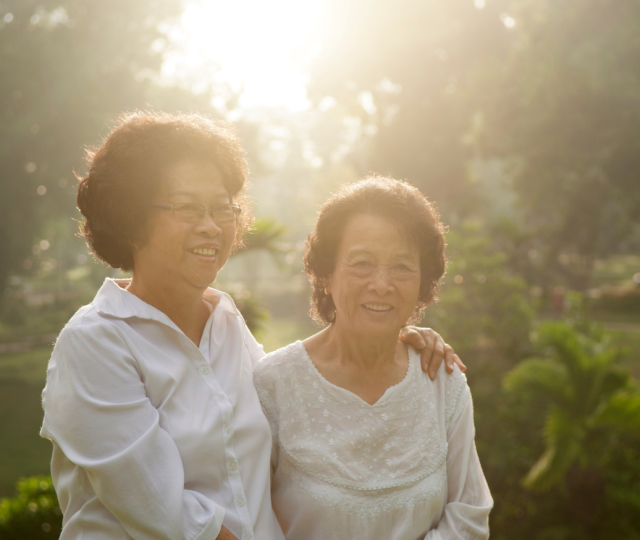The Final Days
As a person enters the final stage of life, it can be a period of distress and emotions for all involved. The person and their family might be too upset to think or talk about things, and both try to “protect” the other by avoiding challenging conversations.
However, having these crucial conversations with someone who is dying and planning ahead can lead to a better death experience (a “good death”). Health-care professionals can participate with you and your family in these types of conversations, if desired, and assist as the final days and hours draw nearer.














